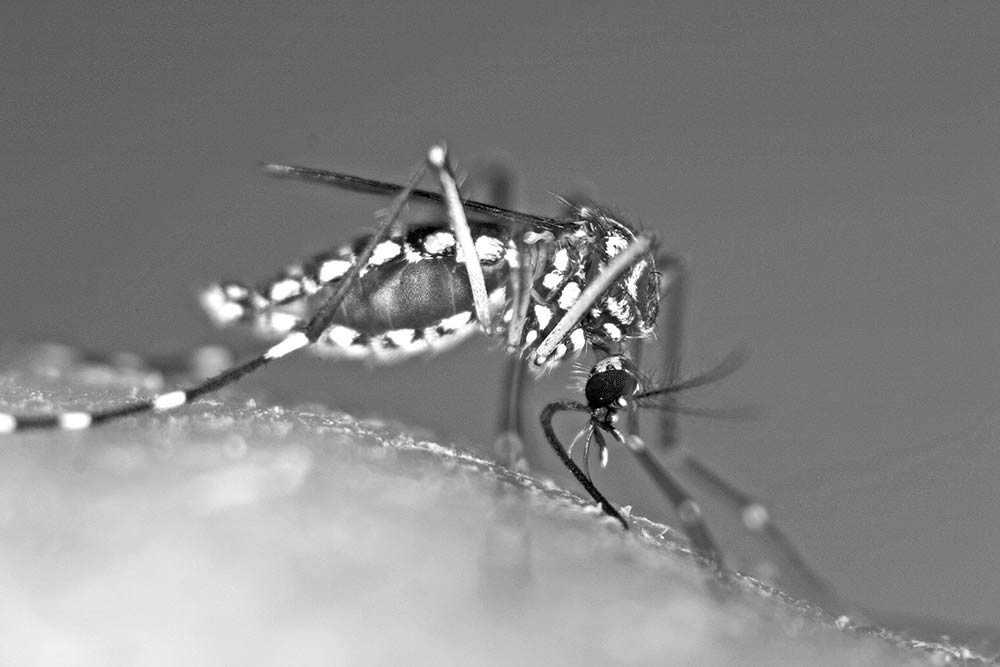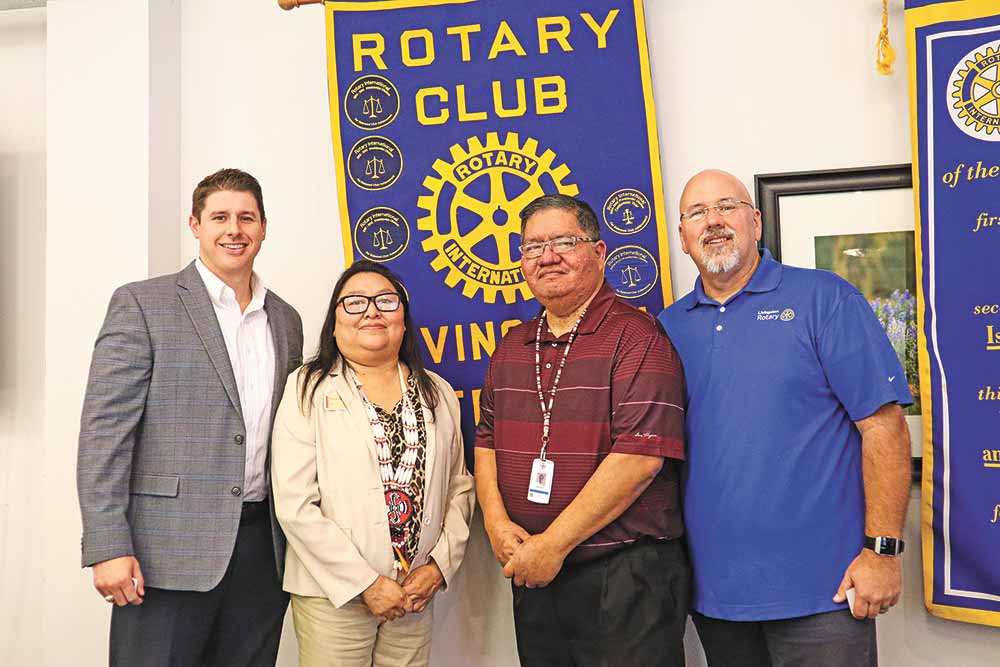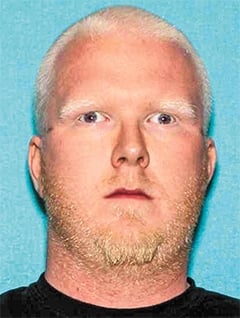Seeking an anti-mosquito molecule
Research takes novel approach to protect from bites, disease
 The Aedes aegypti mosquito is a known carrier of diseases that pose a threat to humans. Texas A&M AgriLife photo by Gabriel Hamer
The Aedes aegypti mosquito is a known carrier of diseases that pose a threat to humans. Texas A&M AgriLife photo by Gabriel Hamer
By Adam Russell
AgriLife Extension
Texas A&M AgriLife Research scientists are on a mission to create a new weapon against disease-carrying mosquitoes.
Patricia Pietrantonio, Ph.D., a Texas A&M AgriLife Research Fellow and professor in the Department of Entomology in the College of Agriculture and Life Sciences, is leading a three-year project toward a new method of mosquito control. The project will focus on Aedes aegypti and Culex quinquefasciatus species, which occur in Texas and around the globe.
The team aims to identify molecules that can protect deployed U.S. armed forces members from mosquito bites and vector-borne diseases like Zika fever, yellow fever, Dengue fever and West Nile. A $672,000 grant from the U.S. Department of Defense, DOD, is funding the study.
Most mosquito control utilizes pyrethroid-based products or malathion, an organophosphate, Pietrantonio said, but the DOD is looking for insecticides with new modes of action because the disease-carrying insects are developing resistance to those insecticides.
Female mosquitoes, especially in known disease-vector species, bite to feed on blood, which is necessary for egg production, she said. The study is based on established research but focuses on a novel approach relating to receptors in mosquito mouth parts, legs and internal organs.
“We really don’t know what will happen at this point, but this is of interest because our research is investigating a novel mode of action for mosquito control,” she said. “This is a completely different approach that will be a multidisciplinary effort with many different players.”
Toxic molecule provides potential against mosquito bites
Pietrantonio said AgriLife Research scientists and graduate students will be a part of the project in collaboration with the laboratory of James Sacchettini, Ph.D., the Rodger J. Wolfe-Welch Foundation Chair and professor in the Department of Biochemistry and Biophysics, and collaborators in the Department of Chemistry at Texas A&M and in Portugal.
The project aims to test small synthetic molecules that may be used to create a compound toxic to mosquitoes. Pietrantonio and her team have screened more than 20,000 molecules and discovered several that could potentially inhibit bites, modify mosquito behavior or kill the insects.
The project will test those molecules’ impact on female mosquitoes. To test efficacy, the team will offer the chemicals to mosquitoes in a feeding mix of blood or will apply them directly to the insect.
Pietrantonio hypothesizes that a successful chemical will prevent bites by disrupting mosquitoes’ sensory signals. In prior testing, the team conducted a high-throughput screen of chemical libraries owned by AgriLife Research. From that screen, three molecules ended up causing paralysis of the hindgut in female Aedes aegypti mosquitoes, which are known carriers of yellow fever and other diseases.
Those molecules and others will be tested further with the goal of producing a protective compound.
“Right now, we are trying to see if the synthetic molecules chosen that have drug-like characteristics will affect the mosquitoes,” she said. “Whether they interrupt feeding or lead to paralysis or death, we want to determine how they might impact the insect and prevent bites.”
- Hits: 694



 From Enterprise Staff
From Enterprise Staff
 From Enterprise Staff
From Enterprise Staff